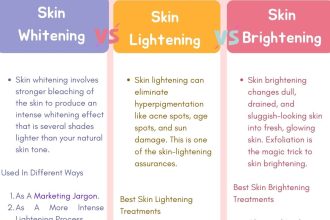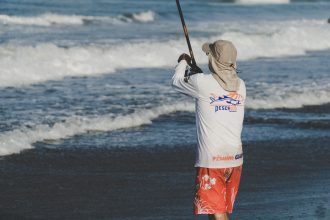Single-serve wine sales have skyrocketed in recent years, with sales of roughly US$ 674.9 million in 2023 likely to rise to $700 million over the following decade (according to Future Market Insights). Canned wine is perfect for tailgates, barbecues, and other outdoor gatherings.
However, when Zipz Wine co-founder Andrew McMurray, who was also the vice president of Zachys Wine & Liquor in Scarsdale at the time, pitched his idea to Season 6 of “Shark Tank,” single-serve wines had not yet reached the mainstream. This article discusses everything about Zipz Wine, from its creation and the story behind it to how it operates now.
What is Zipz Wine?
Zipz Wine is a portable single-serving wine packed in a plastic Wessel that appears as a wine glass. With shrink wrap made to shield the drink from UV light, it can be kept for an extended period without going bad. If you hadn’t finished the drink, you could screw on the lid to make it more portable and use it as a coaster.

The Masterminds of Zipz Wine
Andrew McMurray from Scarsdale, New York, and J. Henry Scott are the masterminds behind Zipz Wine. 1990, he graduated from the University of Massachusetts Amherst, studying business, management, and marketing. Andrew joined Zachys Fine Wine as vice president three years after receiving his bachelor’s degree, a role he still maintains today.
Despite his solo appearance on Shark Tank, he co-owned the business with J. Henry Scott. Scott is a Rutgers University engineering graduate. The independent film studio HD Productions hired him as a producer for the first time in 2005. He was employed in corporate development at the health and wellness company AirSpa in 2010.
Genesis of Zipz Wine
Zipz was born after McMurray, and Scott first met at Citi Field in New York. Andrew’s partner embraced his concept of creating a wine product with single-serve packaging, which he communicated there. So, to launch the company, they partnered with Fetzer Vineyards. Although the firm was formally established in 2012, the first designs needed to be better and included packaging to stop wine leaks.
Scott was motivated to design a coaster and lid for two purposes. The container is a wine glass-shaped piece of plastic. All you have to do is unscrew and unwrap the top portion to drink. Fetzer Vineyards produced over $650,000 in sales by helping the product get into stadiums.
Zips Wine on The Shark Tank Pitch
In 2014, Andrew McMurray appeared on season six of the show, offering $2.5 million in exchange for 10% stock. The Sharks weren’t persuaded despite Zipz’s clever design and Andrew’s attractiveness. Following a solid opening to the pitch, Andrew began to feel more nervous when Mark Cuban announced he was out. Soon after, three other sharks followed suit.
As a result, the entrepreneur was left with Mr. Wonderful Kevin O’Leary. Kevin, fortunately for the entrepreneur, is a significant wine fan who wanted to go to Costco. They reached an agreement after some back and forth. Kevin agreed to spend $2.5 million for a 10% stake, with the option to purchase an additional 10% at the same valuation later.

After Shark Tank and Challenges
Zipz Wine closed one of the largest deals in Shark Tank history; however, the company’s future was not as promising as the founders had hoped. After the show aired, the company faced a slew of challenges. They acquired a deal with Arctic Beverages thanks to Kevin O’Leary’s assistance. The firm’s products were sold in over 1,200 locations across the United States.
Later, they marketed wine packets via online purchase platforms. The competition, however, was fierce, and the business concept of selling wine to customers could have been more profitable. Chillin, a Chilean Chardonnay producer, was always one step ahead.
As a result, Zipz decided to discontinue producing wine and instead focus on packaging for other companies. Zipz made roughly $600,000 yearly following the show but couldn’t profit. Zipz Wine was renamed Zipz Packaging and is worth an estimated $1 million.
What’s the next move for Andrew McMurray?
Andrew McMurray, co-founder of Zipz Wine, will likely continue his entrepreneurial career. According to LinkedIn, McMurray continues to hold the position of vice president at Zachys Wine & Liquor in Scarsdale, New York. He collaborates with several businesses, such as a private aircraft firm and a food and beverage company. He says he has fresh ideas and frequently shares them with Don Zacharia, his father-in-law’s CEO of Zachys.
Zipz Wine Now
It may be difficult to believe that, after making strides in the right way after “Shark Tank,” Zipz Wine no longer exists, at least in its previous incarnation. What happened to the company is unknown, but most accounts say the intense rivalry was finally too much to handle. Furthermore, the company’s sales remained in the same ballpark as when it first appeared on the show, producing around $600,000 annually and never achieving complete profitability.
Final Words
Many sharks appear correct in their worries about making a deal. If Zipz had stayed a full-fledged licensing brand from the outset, it would not have experienced the production and financial challenges it did later on and could have succeeded in the business.















